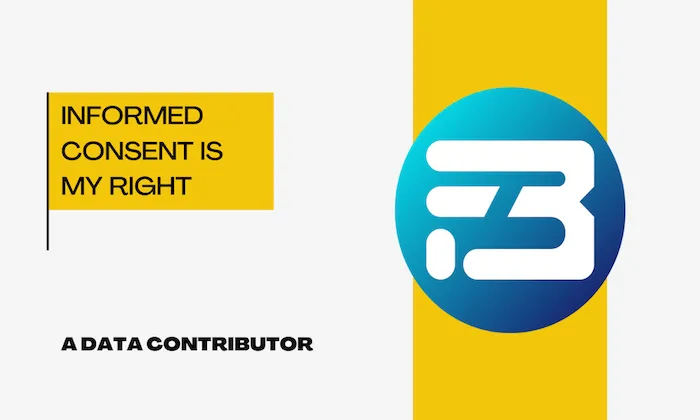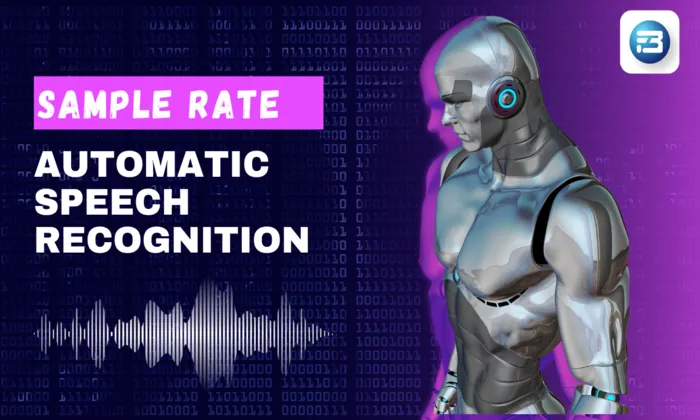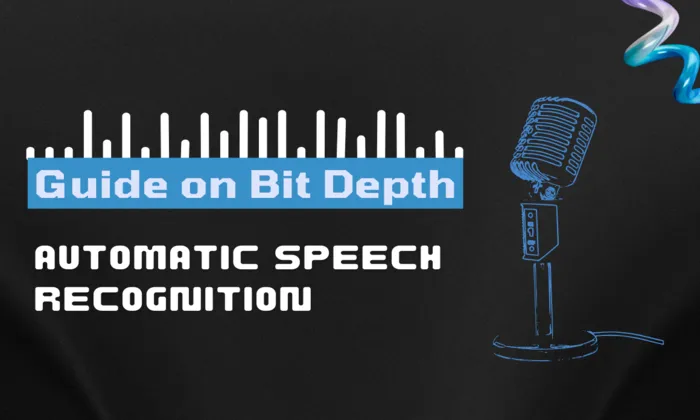What is speaker attribution error (SAE)?
Speaker Recognition
Audio Analysis
Speech AI
Speaker Attribution Error (SAE) occurs when speakers are misidentified or incorrectly labeled in audio data. This poses challenges for systems relying on automatic speech recognition (ASR) or speaker diarization.
SAE is particularly significant in multi-speaker environments or scenarios with overlapping dialogue, affecting applications ranging from customer service to legal transcription.
The Critical Role of SAE in Enhancing Speech Technologies
For organizations utilizing speech technologies, SAE can be a fundamental obstacle with far-reaching consequences. Accurate speaker attribution is crucial for:
- Enhancing User Experience: In customer service, correctly attributing dialogue to the right speaker ensures clarity and effectiveness, leading to higher customer satisfaction.
- Maintaining Data Integrity: Errors in speaker attribution can distort insights drawn from conversational data, leading to misguided business strategies.
- Improving Model Training: ASR models trained on datasets with high SAE risk degraded performance, as the model learns from flawed speaker labels.
How SAE Occurs
Speaker Attribution Error arises from multiple factors:
- Acoustic Similarity: Similar vocal characteristics between speakers can complicate differentiation, especially in noisy settings.
- Limited Training Data: Insufficient or non-diverse datasets hinder models from generalizing effectively across different speakers.
- Diarization Challenges: Rapid turn-taking or unclear speaker change cues may cause diarization systems to misattribute speech.
- Annotation Quality: Poor or inconsistent human labeling introduces errors that propagate into downstream models, highlighting the importance of precise data labeling.
Navigating the Challenges of Mitigating SAE
Addressing SAE requires balancing competing priorities:
- Data Diversity vs. Volume: Diverse datasets improve robustness but demand more extensive and costly collection efforts.
- Annotation Accuracy vs. Speed: High-quality annotations are essential but can slow down dataset preparation. Finding efficiency without compromising accuracy is key.
- Model Complexity vs. Interpretability: Advanced models may improve speaker attribution but risk reduced interpretability, impacting user trust in outputs.
Real-World Implications and Applications
SAE has serious implications across industries:
- Healthcare: Misattributed speech in medical consultations can lead to inaccurate patient records.
- Legal Transcriptions: Errors in speaker attribution may compromise the reliability of legal transcripts.
- Emergency Response: Misidentifying speakers during emergency calls could result in life-threatening misunderstandings.
Mitigation Strategies
To effectively minimize SAE, teams can:
- Leverage Advanced Techniques: Use machine learning algorithms optimized for speaker recognition and diarization.
- Enhance Preprocessing Methods: Apply noise reduction and speech enhancement to improve speaker clarity.
- Continuous Evaluation: Regularly test models against fresh, diverse datasets to monitor and reduce SAE over time.
FutureBeeAI supports these strategies through high-quality data collection and annotation services. With diverse and ethically sourced datasets, we ensure your models are trained on reliable data, minimizing SAE and boosting performance.
Call to Action
For projects requiring highly accurate speaker attribution, FutureBeeAI offers domain-specific speech datasets and expert annotation services.
Our solutions are designed to help you mitigate SAE effectively, ensuring your models deliver trustworthy and reliable results across industries.
Reach out to discover how FutureBeeAI can elevate your AI systems’ performance.
FAQs
Q. What are the consequences of high SAE in speech applications?
A. High SAE can cause misunderstandings in conversations, misinterpret customer intent, and erode trust in automated systems, ultimately leading to reduced satisfaction and adoption.
Q. How can teams effectively reduce SAE?
A. By using diverse, high-quality datasets, adopting advanced speaker diarization methods, and setting up continuous evaluation loops, teams can significantly reduce SAE.
What Else Do People Ask?
Related AI Articles
Browse Matching Datasets
Acquiring high-quality AI datasets has never been easier!!!
Get in touch with our AI data expert now!








